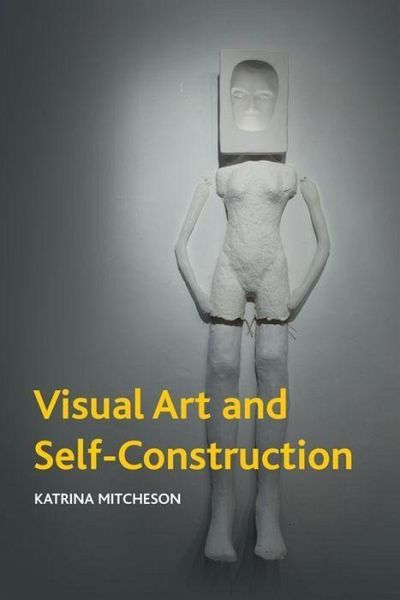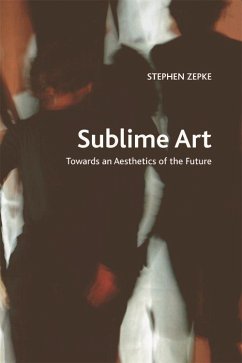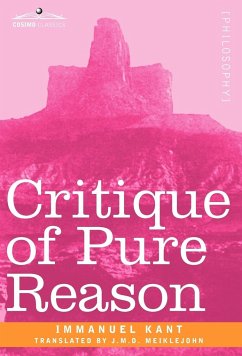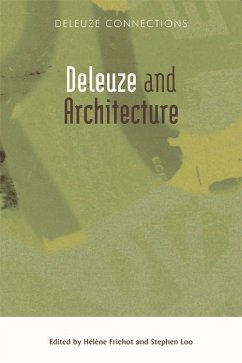
Visual Art and Self-Construction
Versandkostenfrei!
Versandfertig in über 4 Wochen
122,99 €
inkl. MwSt.
Weitere Ausgaben:

PAYBACK Punkte
61 °P sammeln!
Demonstrates how visual art can work as a powerful technology of the self Starting from criticisms of a simple, given self, found in Nietzsche, Freud, and Foucault, Katrina Mitcheson addresses the problem of how a complex self is constructed, and how a hermeneutics of the self can avoid reproducing a subjugated self. Critically examining Ricoeur's narrative account of self-construction, Mitcheson makes the case that narrative as a model of self-construction overlooks the variety of processes that can contribute to forming a self and neglects the materiality of these processes. Drawing on the w...
Demonstrates how visual art can work as a powerful technology of the self Starting from criticisms of a simple, given self, found in Nietzsche, Freud, and Foucault, Katrina Mitcheson addresses the problem of how a complex self is constructed, and how a hermeneutics of the self can avoid reproducing a subjugated self. Critically examining Ricoeur's narrative account of self-construction, Mitcheson makes the case that narrative as a model of self-construction overlooks the variety of processes that can contribute to forming a self and neglects the materiality of these processes. Drawing on the work of a range of visual artists including Francisco de Goya y Lucientes, Francis Bacon and Louise Bourgeois, this study develops an alternative account of a plural and corporeal hermeneutics of the self. Diverse examples are explored of how visual art can operate not only as a critical technology of the self, exposing practices which contribute to our subjugation, but can also discover, explore, and affect bodily processes, thereby enabling experimentation in self-construction.













